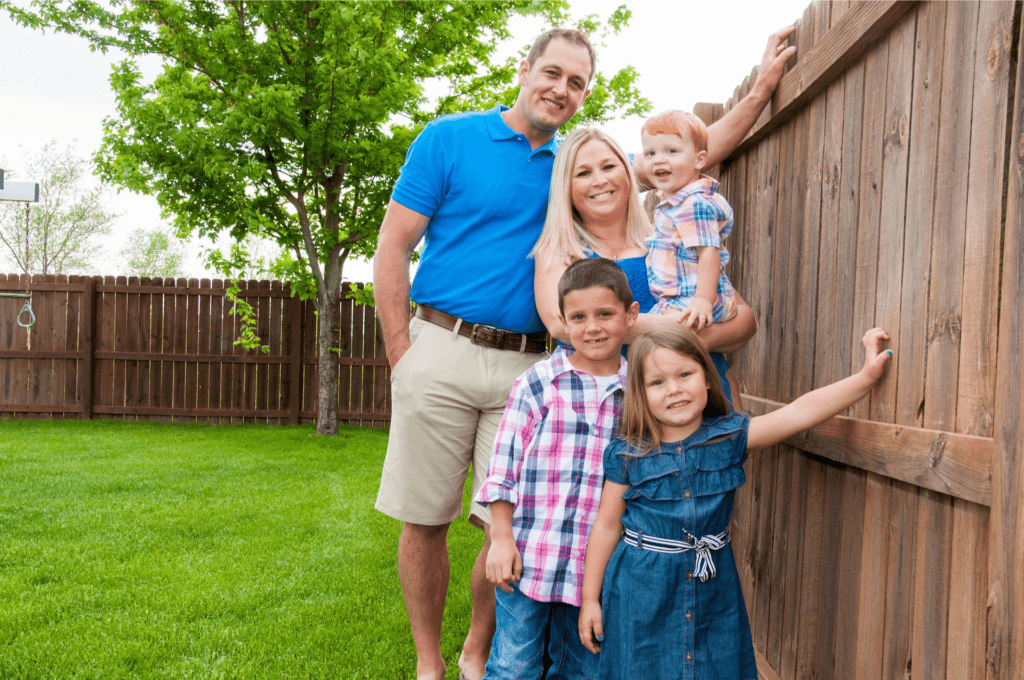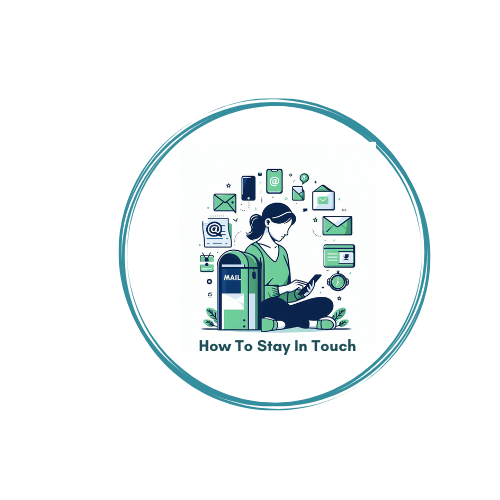What are family connections? Do you realise and appreciate those connections?
This isn’t just about warm holiday gatherings or the occasional family barbecue.
In my opinion, these connections are the training grounds for many of life’s challenges.
Families, or the lack of family help shape your understanding of the world, your values, and your place within it. As well as how you react to what happens as you are living your life.
Families are more than groups of related individuals living under one roof. They are dynamic systems where members interact, grow, and influence one another more than we realize.
Getting older, I realized that my own family was a direct benefit of a strong family.
Is This What Happened In Your Family
Don’t wait until you are a grandparent to think about how your family influenced your thinking and how you reacted to life. I was blessed with parents who were both healthy and loyal to our family. Were you?
Think about how your family influenced you, good or bad, and be prepared to leave the bad and improve on the good. Let’s look at the way families teach us important life skills.
It’s through these earliest relationships that most of us learn to communicate, empathize, and interact socially.
Understanding these relationships is like discovering a map of the human experience. Knowing where you come from can provide a sense of identity, belonging, and history.
Connectivity within a family is a powerful force. The reasons for our behavior and our relationships outside the home.
The importance of these connections extends beyond emotional ties and into practical support systems.
Families, can offer a safe environment where members of all ages can find emotional and physical sanctuary. When the safety isn’t there, we need to recognize it and make sure it doesn’t repeat itself in our own family.

The Role of Families in Socialization and Development
So, why should we bother about the socialization part?
Well, it’s simple. From the first day a child enters the world, the family acts as the first school of social skills. This is where children learn to interact, communicate, and navigate the complexities of human relationships.
The lessons taught in this ‘home classroom’ are not just about please and thank you, they’re about empathy, sharing, and understanding social cues – foundational elements for successful interactions throughout life.
In my opinion, the most significant social skills include the ability to cooperate with others, to assert oneself respectfully, and to negotiate differences. All of these skills start building up at home.
These things alone make it worth the effort to stay n touch with our family.
Let’s think about it: when siblings negotiate over toys or decide on a game to play, they’re practicing compromise and turn-taking. These are the same skills they’ll eventually use in classrooms, workplaces, and life.
Ever noticed how confident children who come from certain supportive family environments are? That’s not by chance.
Regular, positive family interactions are linked to greater social competence.
Special Family Gatherings Can Be Important
Think of family gatherings, holidays, or even daily dinner conversations as workouts for a child’s social muscles.
Building this confidence early on is important because it translates into a strong ability to form and maintain relationships later in life.
But don’t worry too much if things get a little bumpy.
Conflict within the family, when addressed constructively, can also serve as a learning curve.
Kids learn to navigate disagreements, a skill that’s needed in our not-always-agreeable world.
Once they understand the give-and-take nature of relationships within the safety of their family, they’re better equipped to handle them outside.
The Family Should Be Your Supportive Environment
Imagine a place where you’re free to express your deepest fears, joys, and dreams without judgment.
That’s what a supportive family environment can feel like.
It’s a go-to retreat for comfort and understanding. A space where both kids and adults can find a sense of security and acceptance
This sense of belonging is VITAL for our mental and emotional well-being.
Families help us in how we handle stress. Or disappointment. Even failure.
A nurturing family gives both kids and adults the safety net they need to take risks and face challenges.
It promotes resilience by allowing us to bounce back from setbacks because we know there’s a safety net waiting to catch us if we fall.
How Does Your Family Ties Help With The Outside World
Think about the role of family as the first line of defense against the harsh realities of the outside world.
When the family connection is strong, it gives members the confidence to tackle life head-on, knowing they have a solid base to return to.
Kids growing up in such environments typically demonstrate greater self-assurance and a healthy self-image.
Most will agree that the value of a secure family environment cannot be overstated.
It’s like the foundation of a house; without it, the structure may crumble under pressure.
Emotional support from family helps individuals deal with the uncertainties of life, build lasting relationships, and foster positive coping mechanisms.
It’s not just about having someone to talk to; it’s about knowing there’s always someone who will stand by your side.
Then We Have The Real World
However, in reality, not all families provide this sanctuary.
It becomes crucial, then, for the larger family structure to step up when parts of relationship fall short.
This might mean uncles, aunts, grandparents, or even family friends stepping into roles that support and guide.
Sometimes, it is these unique dynamics that can provide unexpected strength and stability.
And we haven’t even talked about the importance of extended family. Their role can be crucial in creating a robust and resilient family network.
It’s one of the many ways we ensure that every member, young or old, can thrive despite the challenges life throws at us.
Sami’s take on “Importance Of Family Connections”
So there you have it. We’ve talked about the various ways that family connections tie themselves as the cornerstone of society.
Families encourage resilience and equip us with critical social skills. The very basics of support that buffers against life’s challenges.
In my life experience, you can’t overstate the value of encouraging these bonds. Whether they’re just across the hall or halfway around the world, every call, visit, or message reinforces the intricate web of support each family weaves.
I hope that you take to heart the importance of maintaining and strengthening these ties.
Remember that your first attempt doesn’t need to be your last. Your family structure can evolve, growing stronger with each connection you fortify.
A lot is happening very quickly in our lives, and amidst all the hustle, prioritizing family might seem a tall order.
Still, the long-term benefits can’t be ignored.
Choose something that resonates with you, like Sunday dinners or weekly video chats, to stay connected.
I’m just wondering what step you’ll take to encourage your family connections.
After all, family isn’t just inherited, it’s faithfully crafted, day by day.
Thank you,
Sami
